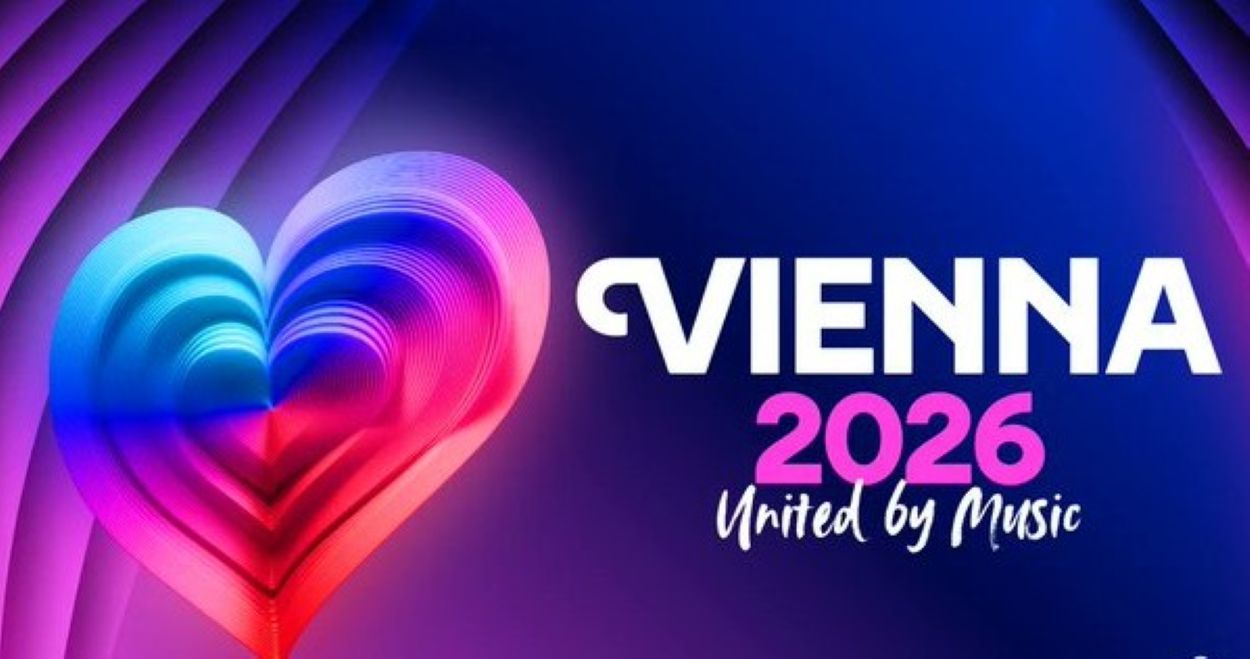Austria’s public broadcaster ORF announced that Vienna will host the Eurovision Song Contest 2026, the world’s largest live televised music event, at the Wiener Stadthalle on May 16, with semi-finals on May 12 and 14. The decision follows Austria’s victory in Basel, Switzerland, where 24-year-old JJ (Johannes Pietsch) won with his techno-opera hit Wasted Love.
Vienna, selected over Innsbruck, previously hosted Eurovision in 1967 and 2015, the latter after Conchita Wurst’s win. The Wiener Stadthalle, a 16,000-seat arena, is known for its capacity to handle major events. Vienna’s cosmopolitan vibe, robust transport links, and ample accommodation make it ideal for the contest’s 166 million viewers, 60% of whom are aged 15-24, per 2025 viewership data.
Vienna to host the 70th Eurovision Song Contest! 🎶🎤
In May 2026, Europe’s biggest music show returns to #Vienna. With world-class venues, vibrant side events, and global reach, the city celebrates unity, creativity & culture at its finest. ✨ #ESC2026 #Eurovision2026 pic.twitter.com/x1RODJhqOe
— Vienna (@_vienna_info_) August 20, 2025JJ’s Wasted Love captivated audiences, blending techno beats with operatic vocals, joining the ranks of Eurovision stars like ABBA and Celine Dion. However, his post-win call to exclude Israel from 2026 due to the Gaza conflict sparked backlash in Austria, a strong Israel supporter. JJ later apologised via Warner Records, saying his comments were misinterpreted. The 2025 contest in Basel faced protests from pro-Palestinian activists over Israel’s participation, which saw them finish as runners-up.
Austria’s far-right Freedom Party (FPOe), which led recent elections but failed to form a government, criticised Eurovision as a “woke spectacle” and questioned Vienna’s hosting costs, estimated at $40 million based on Basel’s budget. Despite this, Vienna emphasised its cultural heritage and event expertise, with the slogan “Europe, shall we dance?” highlighting its classical music legacy and vibrant hosting plans.
Vienna’s third Eurovision hosting promises a blend of glamour and inclusivity, building on its 2015 legacy when same-sex couple traffic lights became permanent fixtures. The event will likely draw massive social media engagement, as seen with 2025’s high Instagram and TikTok viewership, solidifying Eurovision’s global cultural impact.






